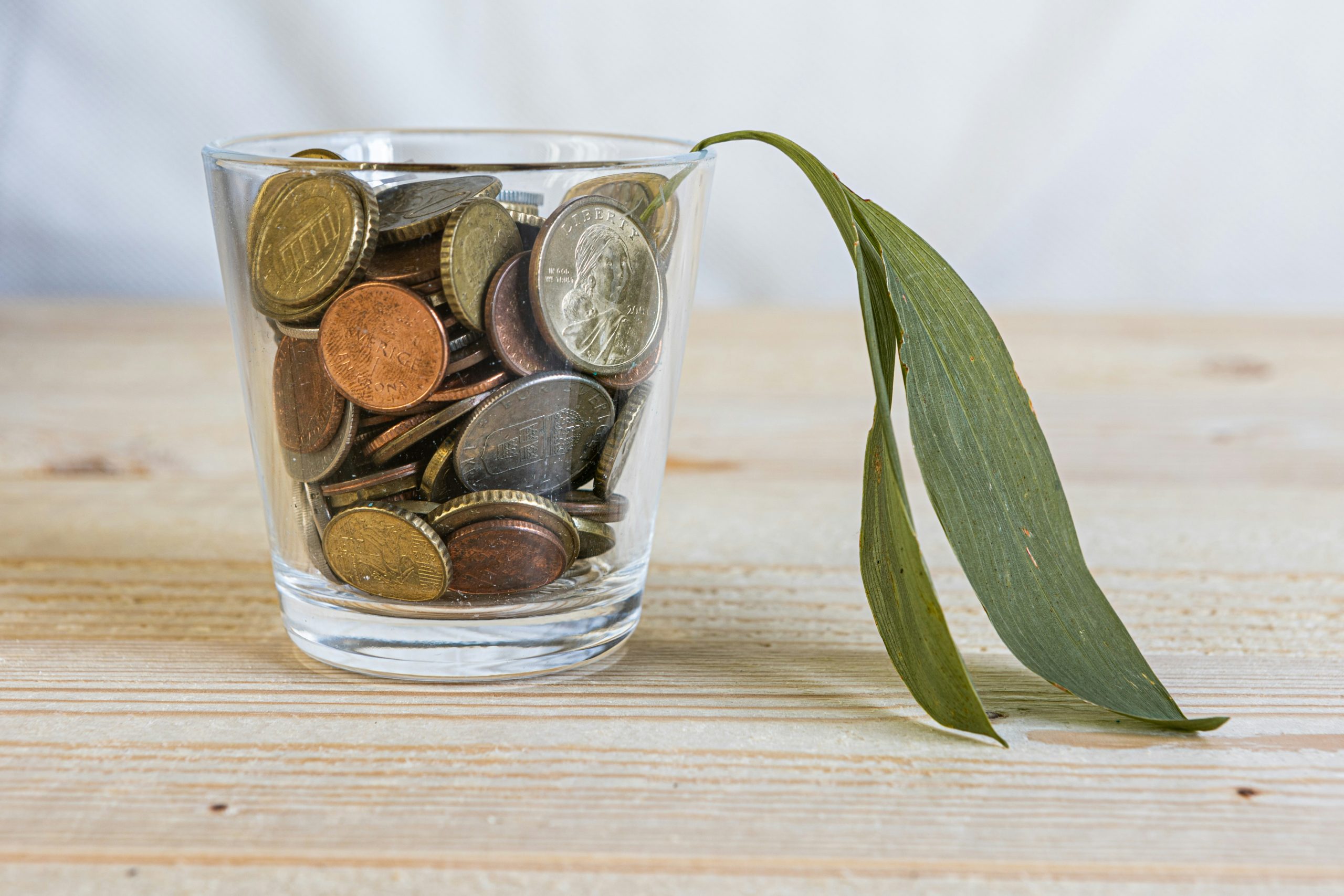The Rise of Sustainable Business Models: Opportunities for Investors and Entrepreneurs
In a world increasingly aware of sustainability, business models that integrate environmental, social, and governance (ESG) criteria are gaining advance and transforming the dynamics of the global market. From energy efficiency to eco-design, these models are proving that it is possible to be profitable while contributing to a more sustainable future. For entrepreneurs and investors, this trend represents a unique window of opportunity to grow and stand out. During 2024, regulatory advancements and shifts in consumer expectations have accelerated the adoption of sustainable practices. According to the United Nations Global Compact, companies are placing sustainability at the core to comply with new regulations and attract consumers who are increasingly interested in responsible brands. This trend has created an ecosystem where sustainability is not merely an “added value” but a starting point for innovation and competitiveness. For investors, sustainable business models offer attractive investment opportunities. The demand for sustainable projects in key sectors, such as renewable energy, has boosted the market value of these companies. Additionally, thanks to technological advancements, it is now easier for companies to monitor and reduce their environmental impact, which attracts even more capital to the sector. On the other hand, there is renewable Energy, the energy transition continues to accelerate,
Regenerative Tourism: Beyond Sustainability
In recent years, we have witnessed the rapid growth of tourism, positioning itself as one of the fastest-growing sectors, second only to technology, further boosted by the exponential advancement of artificial intelligence. As avid readers, we understand the economic impact of tourism and its crucial influence on sustainability. However, today I want to explore a type of tourism that is gaining increasing relevance: regenerative tourism. This approach goes beyond mere sustainability, aiming not only to mitigate environmental impact, but also to actively contribute to the restoration and improvement of the environment. Regenerative tourism is distinguished by activities designed not only to reduce the negative impact of conventional tourism, but also to enhance environmental resilience in the face of climate change. In response to current challenges in the tourism industry, this approach emerges as a necessary and responsible option. A prominent example of this model is The Good Concierge Project, featured on labuenahuella.org, highlighting Víctor Fernández Morales as Co-Founder and Project Director. Pula Golf Resort in Mallorca stands out as a leader in competitive regenerative hospitality. Since its establishment in 1996, the resort has been recognized for its commitment to Corporate Social Responsibility (CSR) and environmental policies. During the COVID-19 pandemic, it actively
Plastic Reduction: companies leading the way towards plastic usage reduction
It is no secret that the issue of plastic has become one of the most pressing challenges for our planet today. The massive production and indiscriminate use of plastics have had a devastating impact on our ecosystems, threatening marine life, contaminating water, and affecting our health. However, amidst this concerning reality, there is a ray of hope. In the face of this challenge, many companies have decided to take bold measures to reduce their dependence on plastic and find sustainable alternatives to maintain their business success. Let's take a look at some of these pioneering companies and the solutions they are implementing to address this crisis. Patagonia: Towards a Circular Economy The renowned outdoor clothing brand, Patagonia, has long been a benchmark for sustainability and environmental responsibility. Founded in 1973 by Yvon Chouinard, their focus on a circular economy has been a cornerstone of their strategy to reduce plastic usage. They have implemented a clothing recycling program where customers can return used garments for reuse or recycling into new products. Additionally, the company has significantly reduced plastic packaging for their products and opted for recycled and biodegradable materials whenever possible. Undoubtedly, Patagonia's initiative not only promotes a significant reduction of plastic in their supply



